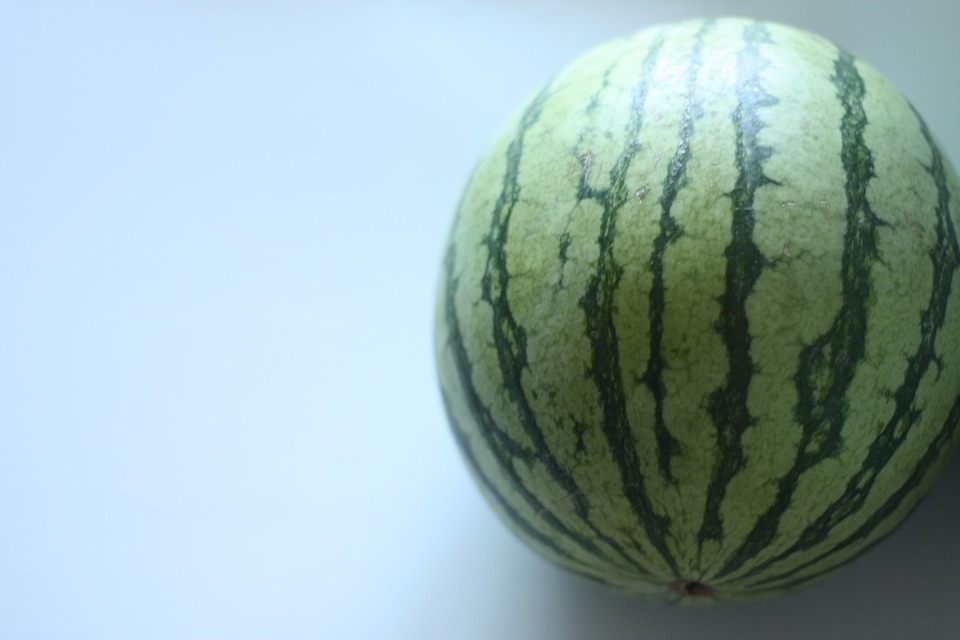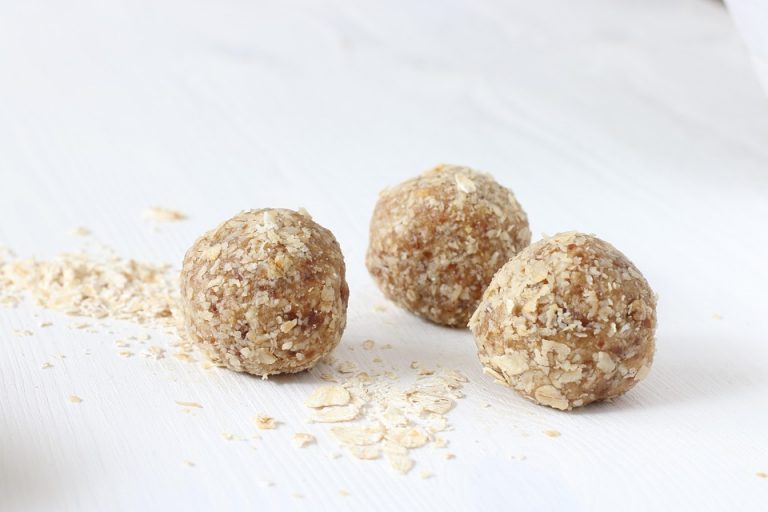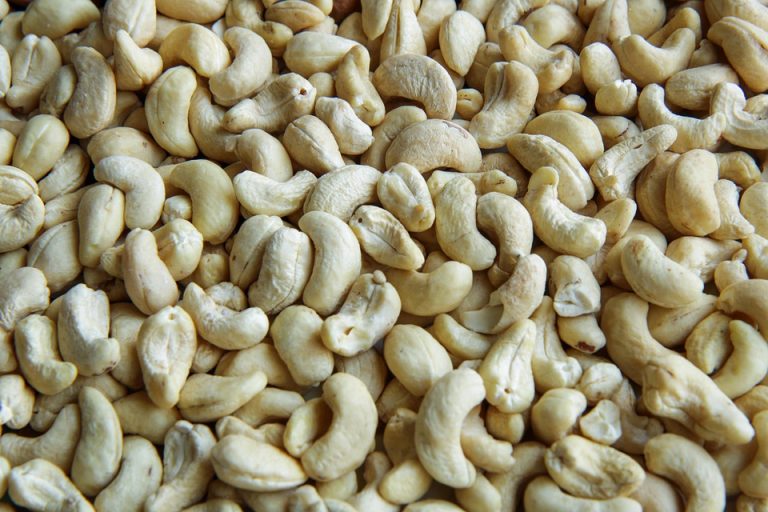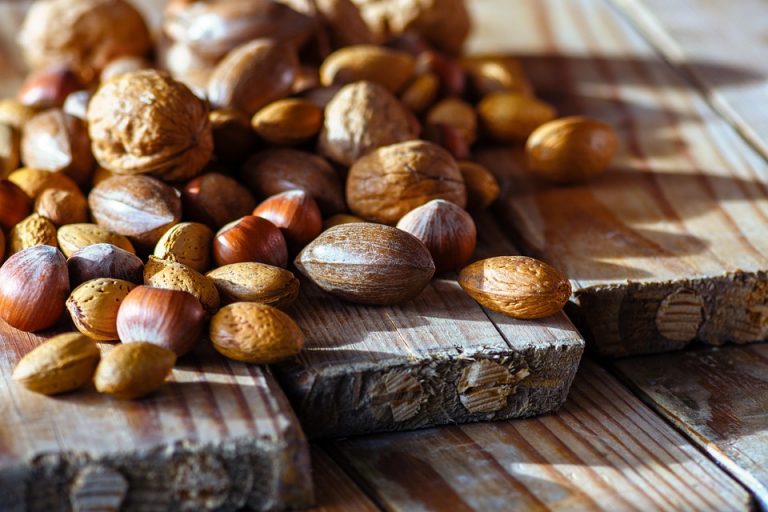7 Natural Diets for Heart Health You Must Try Today! Natural diets can play a pivotal role in keeping your heart healthy and vibrant. Your heart works tirelessly, pumping life into every corner of your body. It deserves the best fuel, and that’s where these diets come into play. Let’s explore the world of natural diets that can transform your heart health and, ultimately, your life.
Contents
What Are Natural Diets for Heart Health?
Natural diets focus on whole, unprocessed foods that nourish your body and support its vital functions. Foods rich in nutrients help lower cholesterol, reduce blood pressure, and decrease inflammation—all essential for heart health. With heart disease affecting millions, understanding and embracing these diets can be a game-changer.
Why Heart Health Matters
Your heart is not just an organ; it’s the engine of your body. Heart disease is one of the leading causes of death globally, claiming lives every single day. By choosing natural diets, you can actively safeguard your heart and improve your overall wellness. It’s not just about living longer; it’s about living better.
1. The Mediterranean Diet
The Mediterranean Diet is a celebration of flavors and colors. Imagine sun-soaked vegetables, fresh herbs, and the satisfying taste of olive oil drizzled over your meals. This diet is rich in:
- Fruits and Vegetables: Packed with vitamins and antioxidants.
- Whole Grains: Like quinoa and brown rice, which keep your energy steady.
- Healthy Fats: Olive oil and nuts that promote heart health.
- Fish: Especially fatty fish like salmon, rich in omega-3 fatty acids that lower the risk of heart disease.
Why It Works
Research from the American Heart Association shows that the Mediterranean Diet can reduce the incidence of heart disease by up to 30%. The combination of these foods helps lower bad cholesterol and promotes a healthy weight.
2. The DASH Diet
The DASH Diet (Dietary Approaches to Stop Hypertension) focuses on reducing blood pressure. It emphasizes nutrient-rich foods that are low in sodium. Here’s what’s on the plate:
- Fruits and Vegetables: Aim for 4-5 servings each day.
- Whole Grains: Such as whole wheat bread and oats.
- Lean Proteins: Skinless poultry, fish, and legumes.
- Low-Fat Dairy: Yogurt and milk that provide calcium without excess fat.
Why It Works
The DASH Diet is proven to be effective in lowering blood pressure and improving heart health. A study from the National Institutes of Health revealed that participants who followed this diet saw significant improvements in their blood pressure levels.
3. Plant-Based Diet
A Plant-Based Diet focuses predominantly on foods that come from plants. This doesn’t mean you have to be vegetarian or vegan. Instead, it encourages you to make plants the star of your meals.
- Vegetables: Fill your plate with a variety of colors.
- Fruits: Berries, apples, and citrus fruits are fantastic options.
- Legumes: Beans, lentils, and chickpeas are excellent protein sources.
- Nuts and Seeds: Almonds, chia seeds, and flaxseeds provide healthy fats.
Why It Works
A plant-based diet has been linked to lower cholesterol levels, improved blood pressure, and a reduced risk of cardiovascular disease. The American College of Cardiology highlights that fiber-rich diets can significantly improve heart health.
4. The Flexitarian Diet
The Flexitarian Diet is a flexible approach that encourages you to eat more plant-based foods while still allowing for the occasional inclusion of meat and fish. It’s an excellent option for those who want to dip their toes into vegetarianism without fully committing.
Key Components
- Fruits and Vegetables: Aim for at least half your plate.
- Whole Grains: Such as brown rice, whole wheat pasta, and quinoa.
- Legumes: Beans and lentils as primary protein sources.
- Limited Meat and Fish: Focus on lean proteins and limit red meat.
Why It Works
This diet is not only heart-healthy but also promotes weight loss and better blood sugar control. It’s a balanced approach that allows you to enjoy the best of both worlds.
5. The Whole30 Diet
The Whole30 Diet is a short-term program designed to eliminate unhealthy cravings and restore a healthy relationship with food. It’s a 30-day reset focusing on whole, unprocessed foods.
What You’ll Eat
- Lean Proteins: Eggs, chicken, and fish.
- Vegetables: All kinds, especially leafy greens.
- Healthy Fats: Avocado, olive oil, and nuts.
- Limited Sugar and Grains: Avoid processed sugars and grains for 30 days.
Why It Works
The Whole30 helps you identify food sensitivities and promotes a cleaner, healthier way of eating. Many report improved energy levels and reduced inflammation, both essential for heart health.
6. The Anti-Inflammatory Diet
The Anti-Inflammatory Diet is designed to fight inflammation, a key contributor to heart disease. This diet focuses on foods that are known for their anti-inflammatory properties.
Key Foods to Include
- Berries: Blueberries and strawberries are particularly effective.
- Fatty Fish: Salmon, mackerel, and sardines are loaded with omega-3s.
- Leafy Greens: Spinach, kale, and collard greens are nutrient powerhouses.
- Spices: Turmeric and ginger are excellent for reducing inflammation.
Why It Works
Studies have shown that this diet can significantly lower the risk of heart disease by reducing inflammatory markers in the body. The Harvard Health Blog emphasizes the importance of anti-inflammatory foods in promoting heart health.
7. The Low-Carb Diet
The Low-Carb Diet focuses on reducing carbohydrate intake, which can help with weight loss and improved blood sugar control. A diet lower in carbs often translates to higher protein and fat intake.
Foods to Embrace
- Lean Proteins: Chicken, turkey, and fish.
- Non-Starchy Vegetables: Broccoli, cauliflower, and zucchini.
- Healthy Fats: Olive oil, avocados, and nuts.
- Limited Grains and Sugars: Cut back on bread, pasta, and sweets.
Why It Works
Research suggests that low-carb diets can lead to significant weight loss and improvements in heart health markers. The American Journal of Clinical Nutrition supports this approach, especially for those with metabolic syndrome.
Bottom Line
Heart health is not just a matter of chance; it’s a choice. Embracing one or more of these natural diets for heart health can pave the way for a healthier, happier you. Whether you choose the Mediterranean, DASH, or any other diet, the key is consistency and commitment. Your heart deserves the best, and you have the power to give it that.
Don’t wait for tomorrow—start today! Take a small step, perhaps by adding more fruits and vegetables to your meals or trying a new recipe from one of these diets. Your heart will thank you, and so will your body.
FAQs
Q: Can I combine different diets?
A: Absolutely! Many people find success by blending elements from various diets that suit their lifestyle and preferences.
Q: How long does it take to see results?
A: Results vary by individual, but many people notice improvements within a few weeks of adopting a heart-healthy diet.
Q: Are there any foods I should avoid?
A: Generally, it’s best to limit processed foods, sugary drinks, and excessive amounts of red meat. Focus on whole, natural foods for optimal heart health.
Make the choice for your heart today. You’re worth it!
Get Your FREE Natural Health Guide!
Subscribe now and receive our exclusive ebook packed with natural health tips, practical wellness advice, and easy lifestyle changes, delivered straight to your inbox.





